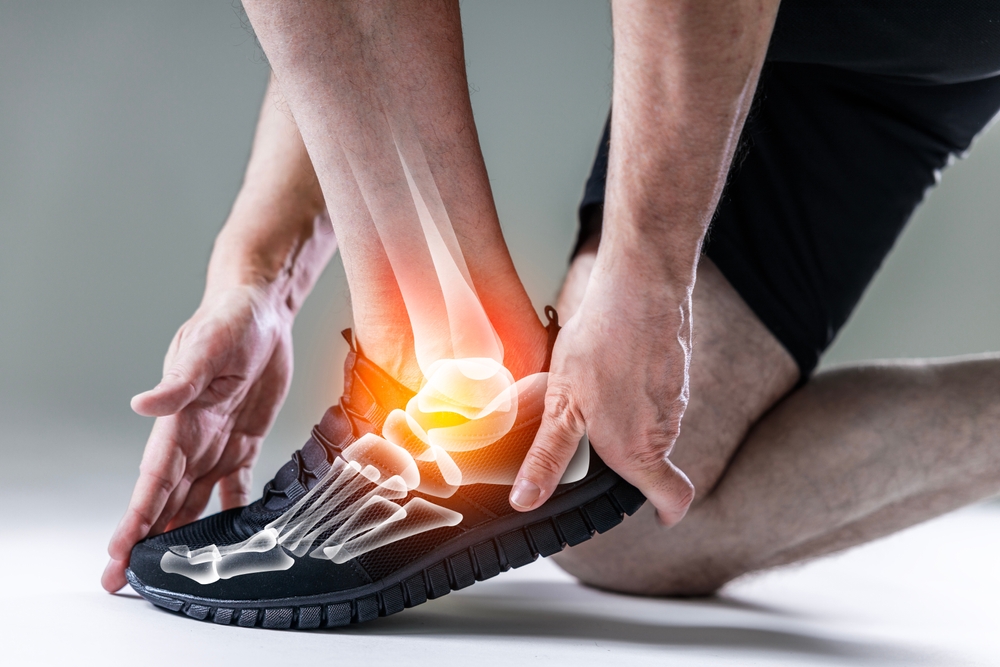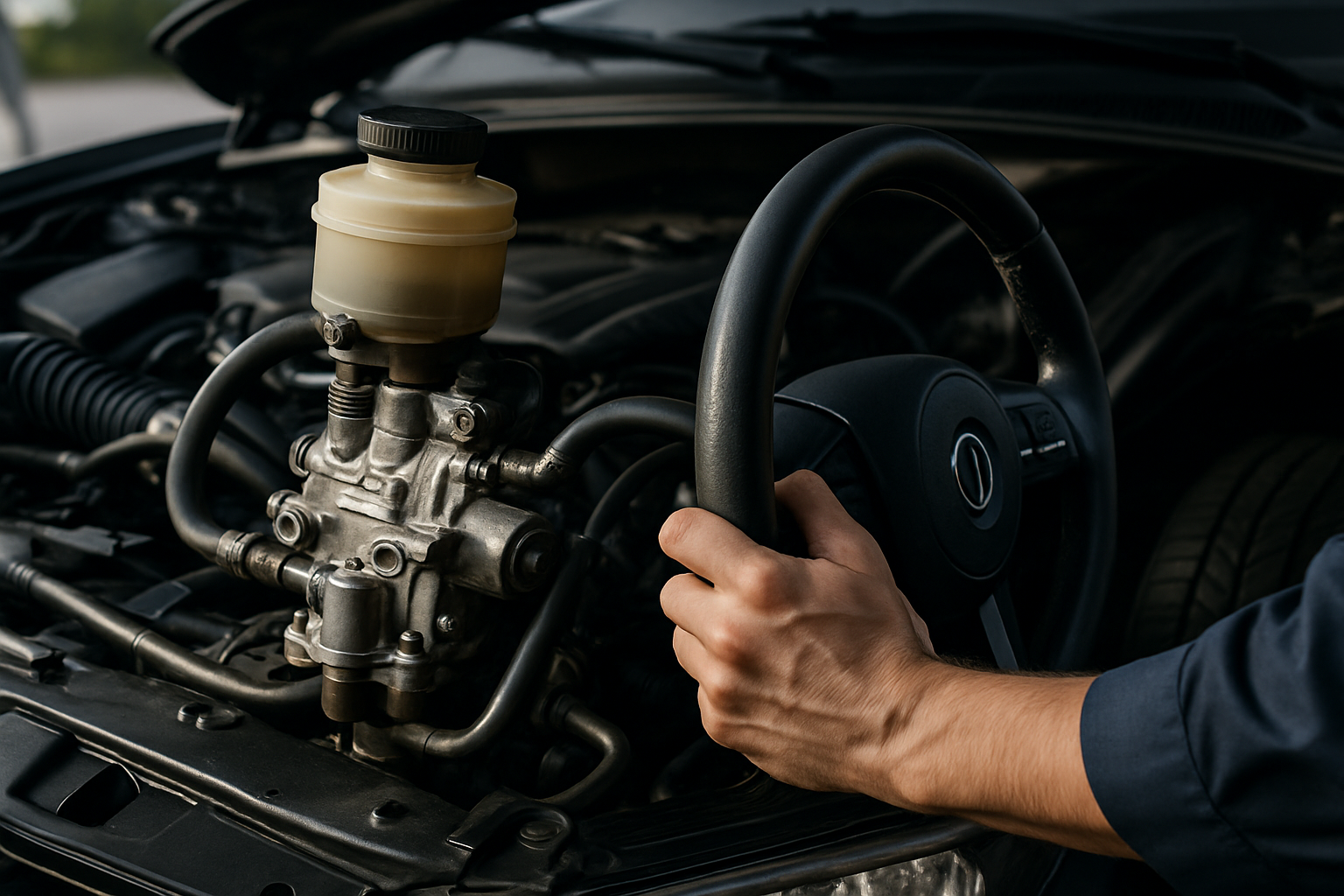Why Does My Knee Click or Feel Painful?
Many people notice clicking, popping, or mild discomfort in their knees during everyday activities like standing, walking, or climbing stairs. These sensations can come from a variety of commonly discussed factors. This article explores several potential reasons people experience knee clicking or pain as they get older and what everyday habits may contribute to it.

Knee clicking and pain can significantly impact your quality of life, making simple activities like walking, climbing stairs, or getting up from a chair uncomfortable. These symptoms often develop gradually and may worsen over time if left unaddressed. The knee joint is one of the most complex joints in the human body, consisting of bones, cartilage, ligaments, tendons, and synovial fluid that work together to provide stability and mobility.
What Causes Knee Clicking and Popping Sounds?
Knee clicking causes vary widely, but most commonly occur when gas bubbles in the synovial fluid burst, creating a popping sound. This phenomenon, known as cavitation, is generally harmless and similar to cracking your knuckles. However, clicking can also indicate more serious underlying issues. Loose cartilage fragments, worn meniscus tissue, or rough cartilage surfaces can create grinding or clicking sounds during movement. Additionally, tight muscles or tendons moving over bone structures can produce audible clicks or snaps.
Understanding Cartilage Wear and Tear
Cartilage wear and tear represents one of the most significant factors in knee pain and clicking. The cartilage acts as a smooth, cushioning surface that allows bones to glide effortlessly during movement. Over time, this cartilage can become roughened, thinned, or damaged due to repetitive stress, injury, or degenerative conditions like osteoarthritis. When cartilage deteriorates, bones may rub against each other, causing pain, stiffness, and audible grinding sounds called crepitus. This process can be accelerated by factors such as obesity, previous injuries, genetic predisposition, and certain occupational or recreational activities.
How Joint Alignment Issues Affect Your Knees
Joint alignment issues play a crucial role in knee discomfort and abnormal sounds. When the knee joint is not properly aligned, it can create uneven pressure distribution across the cartilage and surrounding structures. Common alignment problems include knock-knees, bow-legs, or patellar tracking disorders where the kneecap doesn’t move smoothly in its groove. These misalignments can cause certain areas of the joint to experience excessive wear while others remain underutilized. Poor alignment often results from muscle imbalances, previous injuries, or developmental conditions, leading to compensatory movement patterns that stress the knee joint.
Age-Related Changes in Knee Function
Age-related changes naturally occur in the knee joint as part of the aging process. The cartilage gradually loses its elasticity and thickness, becoming more susceptible to damage and wear. Synovial fluid production may decrease, reducing the joint’s natural lubrication. Ligaments and tendons can become less flexible and more prone to injury. Bone density changes and the formation of bone spurs can also contribute to clicking sounds and discomfort. While these changes are normal aspects of aging, maintaining an active lifestyle, proper nutrition, and appropriate exercise can help slow their progression and minimize symptoms.
Inflammation and Overuse Impact on Knee Health
Inflammation and overuse represent significant contributors to knee pain and clicking. Repetitive activities, sudden increases in physical activity, or prolonged stress on the knee joint can lead to inflammatory responses in the surrounding tissues. Conditions such as bursitis, tendinitis, or synovitis can cause swelling, pain, and altered joint mechanics. Overuse injuries are particularly common among athletes, runners, and individuals whose occupations require repetitive knee movements. The inflammatory process can cause tissues to swell and create abnormal friction between joint components, resulting in clicking sounds and discomfort during movement.
| Treatment Option | Provider Type | Cost Estimation |
|---|---|---|
| Physical Therapy | Outpatient Clinics | $75-150 per session |
| Orthopedic Consultation | Specialist Physicians | $200-400 initial visit |
| MRI Imaging | Radiology Centers | $1,000-3,000 |
| Corticosteroid Injections | Orthopedic Clinics | $300-600 per injection |
| Arthroscopic Surgery | Surgical Centers | $5,000-15,000 |
Prices, rates, or cost estimates mentioned in this article are based on the latest available information but may change over time. Independent research is advised before making financial decisions.
Most knee clicking and mild pain can be managed effectively with conservative treatments including rest, ice application, anti-inflammatory medications, and targeted exercises. However, persistent or severe symptoms warrant professional medical evaluation to determine the underlying cause and appropriate treatment approach. Early intervention often leads to better outcomes and can prevent the progression of degenerative changes. Understanding the various factors that contribute to knee clicking and pain empowers individuals to make informed decisions about their joint health and seek appropriate care when necessary.
This article is for informational purposes only and should not be considered medical advice. Please consult a qualified healthcare professional for personalized guidance and treatment.




